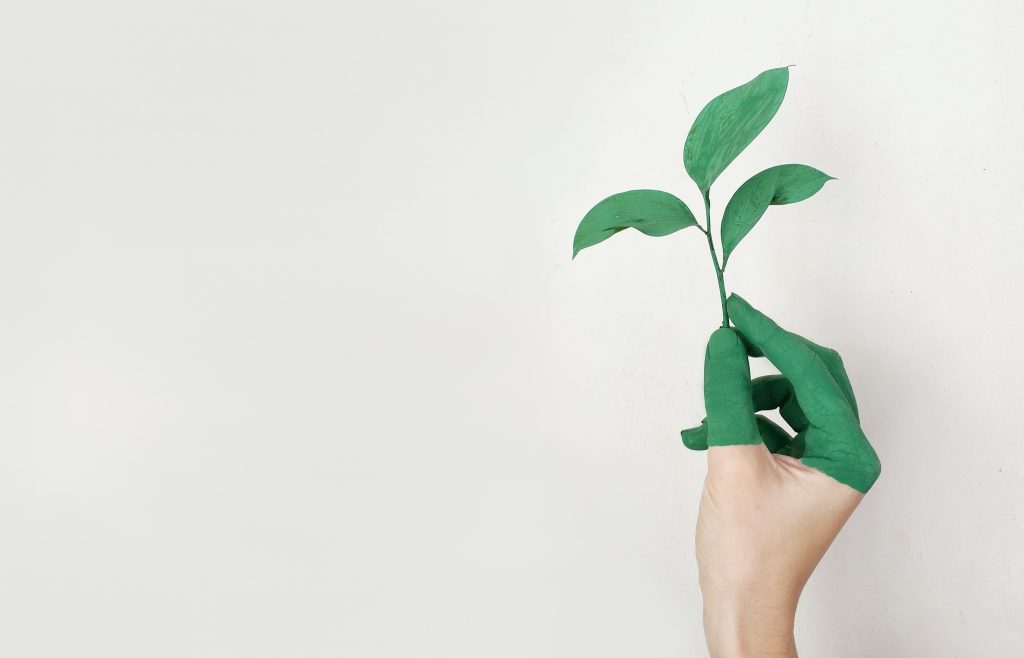Why Chronic Illness Makes It Hard To Be Eco-friendly And 3 Easy Changes You Can Make

Living with a chronic illness can be challenging, and it can make it difficult to prioritize sustainability and eco-friendliness in your daily life. There are many reasons why this is the case, from the physical limitations of chronic illness to the financial constraints that can come with managing a long-term condition.
1. Limited Energy and Mobility
Many people with chronic illness experience fatigue, pain, and limited mobility, which can make it difficult to perform everyday tasks that are necessary for living sustainably. For example, someone with chronic pain may find it challenging to walk or bike instead of driving. Preparing meals from scratch is a lot more work than relying on convenience foods that come with a lot of packaging waste. Similarly, someone with limited mobility may struggle to recycle or compost due to physical limitations.
2. Medical Equipment and Supplies
Living with a chronic illness often requires the use of medical equipment and supplies, such as medication, mobility aids, and assistive devices. These items can be costly, and they often come with a lot of packaging waste. Additionally, some medical equipment requires a lot of energy to operate, which can make it challenging to reduce energy consumption and live sustainably.
3. Financial Constraints
Many people with illness or disability are unable to work, or can only work very little, and have limited income. Managing a chronic illness can be expensive and financial constraints can make it difficult to prioritize sustainability and eco-friendliness. Those products are often more expensive than their conventional counterparts, and the upfront costs of investing in these products may not be feasible for people on a tight budget.
4. Lack of Access to Sustainable Options=
In some cases, people with chronic illnesses may have limited access to sustainable and eco-friendly options. If someone has mobility issues and unreliable transportation they have limited options of where they can go. People in rural areas also may not have access to public transportation or may not be able to find sustainably sourced food. Additionally, some areas may not have recycling or composting programs, making it difficult for people to reduce their waste.
Despite these challenges, it’s still possible for people with chronic illnesses to prioritize sustainability and eco-friendliness in their daily lives. Some ways to do this include:
1. Reduce
Start small and making gradual changes that feel manageable. You can reduce your energy consumption, water usage, and waste. You can also reduce packaging and trash by buying fewer single use itmes.
2. Reuse
There are a lot of things that we think of as trash that can actually be reused. Some packaging can make great containers with a little of effort by washing it and removing the label. Plastic bags we get from the grocery stores can also be used as trash bags, and old clothes you don’t wear anymore can be given to someone else who would.
3. Repurpose
Sometimes things get old and we don’t want to use them anymore, but that doesn’t make it trash. For example, any old fabric like clothes, towels, or sheets can be cut up and used as rags for cleaning. There’s even plently of tutorials online for how to make something entirely new out of old fabrics. If you like crochet or knitting and have a knit sweater you no longer like, you can undo it and then you have yarn for a whole new project!
*Recycle
This is something that not everyone can do, and that’s okay. A lot of things aren’t actually recyclable and a lot of places don’t collect recycling. If you’re able to, that’s great, but if you’re not it’s okay.
Living with a chronic illness is difficult, and it can make it challenging to prioritize sustainability and eco-friendliness. However, with patience, creativity, and a willingness to make small changes over time, it’s possible to live a more sustainable life, even with a chronic condition. Remember that any effort you make toward sustainability is a step in the right direction, and that progress is more important than perfection.
